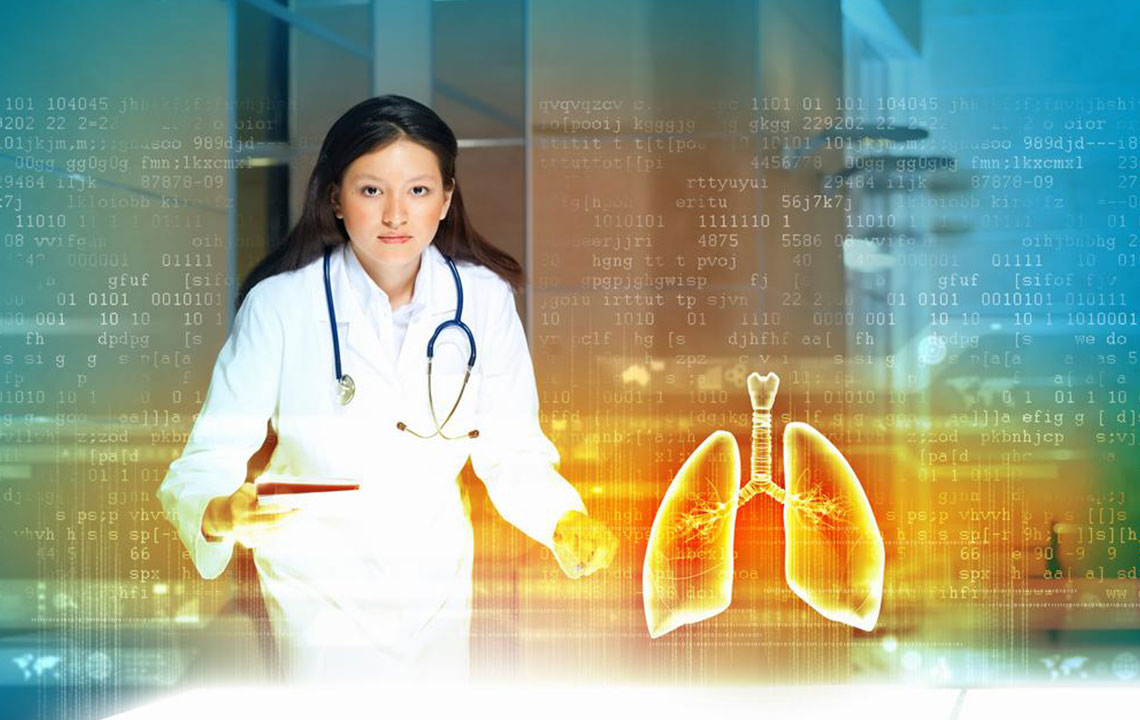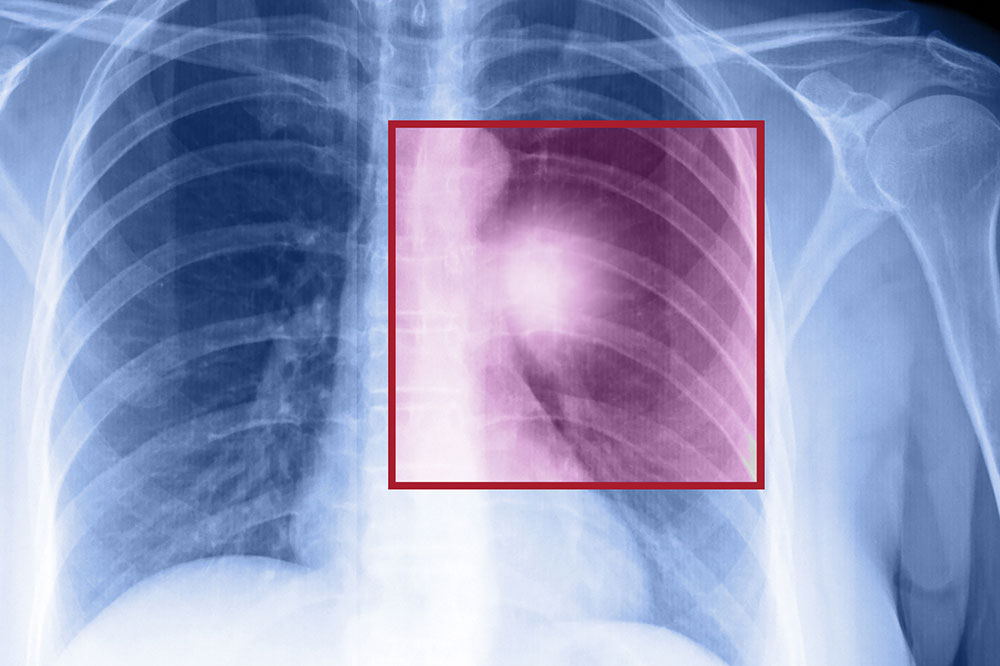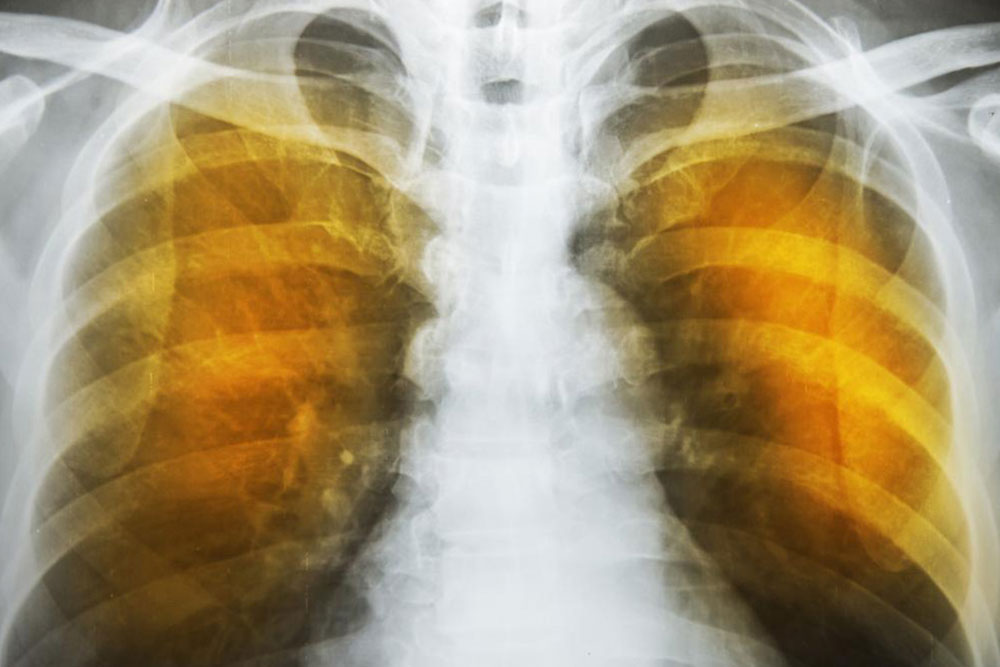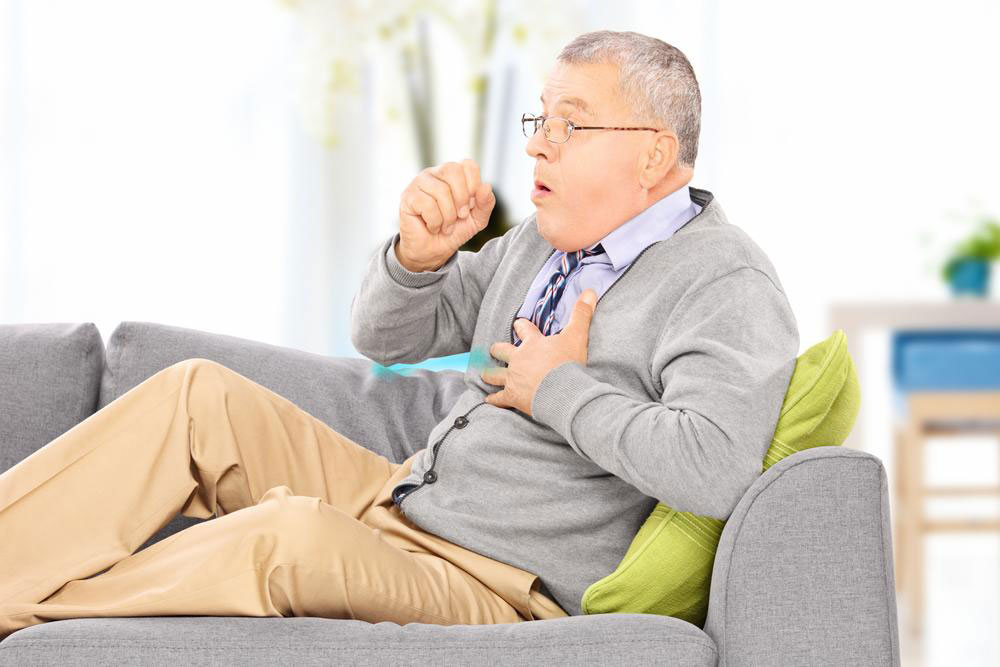Comprehensive Strategies to Reduce Lung Cancer Risk and Promote Respiratory Health
This comprehensive guide explores effective strategies to reduce lung cancer risk. It highlights quitting smoking, limiting chemical exposure, maintaining a healthy diet, exercising regularly, and seeking early screenings. Emphasizing prevention and proactive health management, it provides practical advice for lowering lung cancer chances and promoting respiratory well-being.
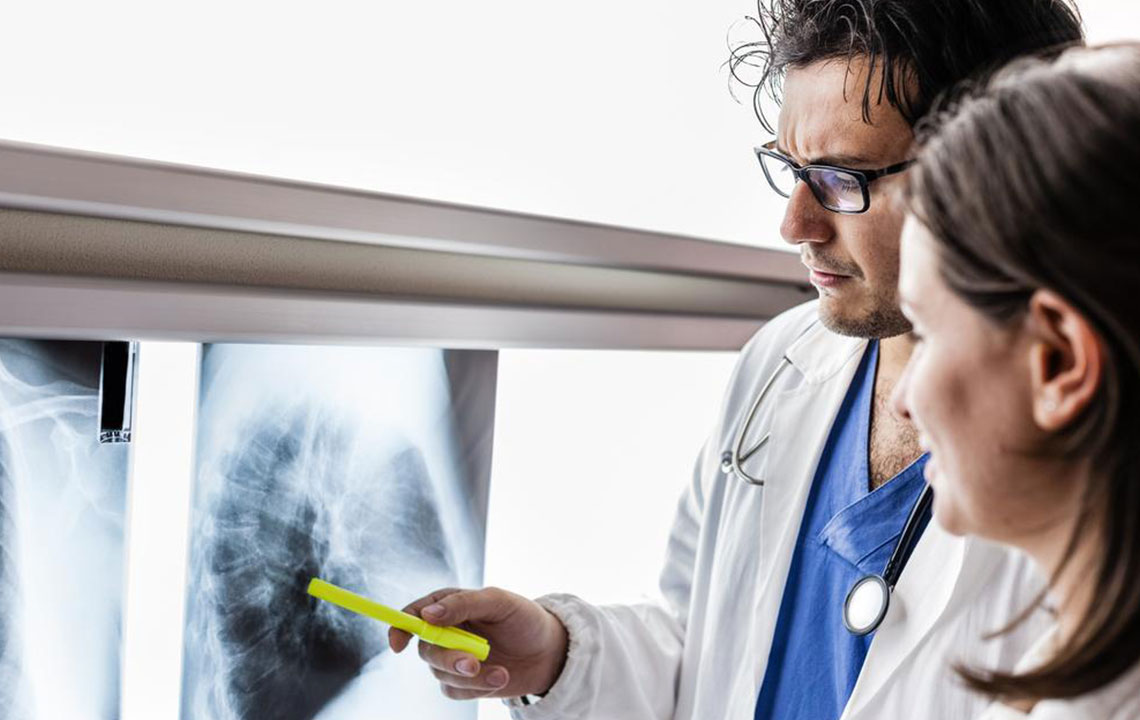
Effective Methods to Lower the Risk of Lung Cancer and Enhance Lung Health
Lung cancer remains one of the most prevalent and deadly forms of cancer worldwide. Despite advances in medical research and treatments, it continues to cause extensive mortality rates, particularly in high-risk populations. While there is no foolproof method to completely prevent lung cancer, adopting a series of proactive lifestyle changes and health habits can significantly reduce the risk of developing this formidable disease. In this comprehensive guide, we delve into proven strategies for minimizing lung cancer risk, emphasizing the importance of preventive care and healthy living.
Prioritize Smoking Cessation: Quitting smoking is the single most effective step you can take to dramatically diminish your lung cancer risk. If you currently smoke, quitting as early as possible can result in immediate health benefits, including improved lung function and reduced carcinogen exposure. For non-smokers, avoiding starting smoking altogether remains crucial. The harmful chemicals found in tobacco smoke are primary agents in causing genetic mutations that lead to lung cancer. Research shows that even years after quitting, former smokers retain a lowered risk compared to those who continue to smoke. Therefore, seeking support through cessation programs, nicotine replacement therapies, or counseling can be pivotal in ending tobacco use permanently.
Smoking and exposure to tobacco products remain the leading causes of lung cancer worldwide. Both active smoking and passive exposure to secondhand smoke substantially increase the likelihood of developing lung malignancies. Quitting tobacco consumption at any age offers significant health benefits, reducing the long-term risk of lung cancer and other respiratory diseases.
Limit Contact with Toxic Substances: Be vigilant about exposure to chemicals and pollutants in your environment, either at home or workplace. Substances like asbestos, radon, arsenic, and certain industrial chemicals are known carcinogens linked to lung cancer. Regularly test your home for radon levels and ensure your workplace adheres to safety standards to minimize inhalation of hazardous particles. Using protective equipment and following safety protocols can further lessen exposure risks, safeguarding your respiratory system from potential harm.
Adopt a Nutritious Diet: Nutrition plays a vital role in strengthening your immune system and maintaining overall health. A diet rich in fruits, vegetables, and whole foods provides antioxidants and phytochemicals that can combat cellular damage caused by carcinogens. Limiting processed foods, red meats, and foods high in saturated fats can also support immune function and reduce inflammation. Incorporating foods abundant in vitamins A, C, E, and selenium may enhance the body’s natural defenses against cancer development.
Engage in Regular Physical Activity: Physical exercise is instrumental in maintaining a healthy weight and improving lung capacity. Aim for at least 30 minutes of moderate activity such as brisk walking, cycling, or swimming daily. Exercise helps reduce systemic inflammation, supports healthy lung function, and can lower overall cancer risk. Additionally, staying active enhances respiratory efficiency, promotes better circulation, and contributes to mental well-being, creating a comprehensive approach to health maintenance.
Routine Medical Screenings and Early Detection: Regular health check-ups and screenings can identify early signs of lung issues. Individuals with a history of smoking or exposure to carcinogens should consult healthcare providers about lung cancer screening options like low-dose computed tomography (LDCT) scans. Early detection significantly improves treatment outcomes. Staying vigilant for symptoms such as persistent cough, chest pain, or breathlessness warrants prompt medical evaluation.
Maintain a Healthy Lifestyle: Beyond specific risk reduction strategies, adopting overall healthy habits reinforces your body’s resilience. Prioritize adequate sleep, manage stress effectively, stay hydrated, and avoid excessive alcohol consumption. These behaviors collectively contribute to a robust immune system and lower cancer risks.
In conclusion, although there are no absolute guarantees against lung cancer, implementing these lifestyle modifications can substantially diminish your risk. Quitting smoking, limiting exposure to harmful chemicals, eating a balanced diet, engaging in regular exercise, and pursuing early medical screenings form a comprehensive approach to respiratory health and cancer prevention. Educating yourself about environmental hazards and actively participating in your health management are essential steps toward reducing the devastating impact of lung cancer. Remember, proactive health decisions today can lead to a healthier, longer life tomorrow.
